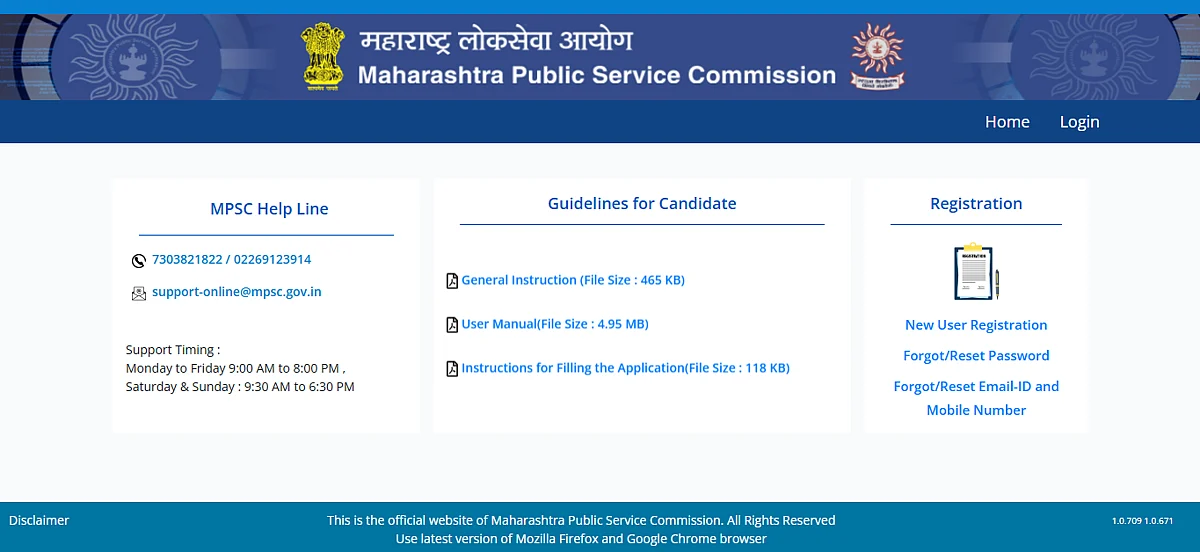On Wednesday, Russian energy giant Gazprom said it would further reduce the capacity of gas supplies via the Nord Stream 1 pipeline to 67 million cubic meters (2,366 million cubic feet) per day - less than half the previous rate.
The decision comes into effect at 01:30 a.m. Moscow time on Thursday, Gazprom said, adding that the halt was due to the "technical condition of the engine" at a compression station.
The company had announced on Tuesday that it was curbing supplies through the same undersea pipeline to up to 100 million cubic meters per day, down from 167. Gazprom initially blamed the delayed return of equipment that had been sent to German company Siemens for repairs.
A 'political' decision
Germany has accused Russian state-controlled Gazprom of attempting to push up energy prices by sharply reducing supplies. German economy minister Robert Habeck said it was "a political decision" and not a technical one.
"It is obviously a strategy to unsettle and drive up prices."
Gazprom also reduced its gas supply to Italy by around 15% on Wednesday, energy firm ENI said. Italy, like Germany, is heavily reliant on Russian gas, which accounts for 40% of its imports.
Russia's energy leverage
The Russian company's move came two weeks after European Union leaders agreed to block most Russian oil imports by the end of 2022 to punish Moscow for invading Ukraine.
Poland, Bulgaria, Finland, Denmark and the Netherlands have already had their Russian natural gas deliveries suspended after they refused a demand for "unfriendly countries" to pay in Russian roubles.
Russia's payment demand was seen as an attempt to boost the rouble after it was hit by Western sanctions. Greater foreign exchange demand for roubles was likely to increase demand and push up the currency's value.
China comes out ahead
Meanwhile, Associated Press reported that China has overtaken Germany as the biggest buyer of Russian energy exports since the start of the war in Ukraine, an independent research group said Monday.
The Centre for Research on Energy and Clean Air said Russia received about 93 billion euros ($97 billion) in revenue for the sale of oil, natural gas and coal since Feb. 24, when it invaded Ukraine.
About 61% of the fossil fuels worth some 57 billion euros was exported to the European Union during the conflict’s first 100 days, the Helsinki-based group said.
That included 12.1 billion euros worth of exports to Germany, 7.8 billion euros each to Italy and the Netherlands, and 4.4 billion euros to Poland, the group said.
Germany, which was the biggest importer of Russian fossil fuels during the first two months of the war, slipped to second place behind China, which has purchased some 12.6 billion euros worth of energy from Moscow.
(with inputs from agencies)











